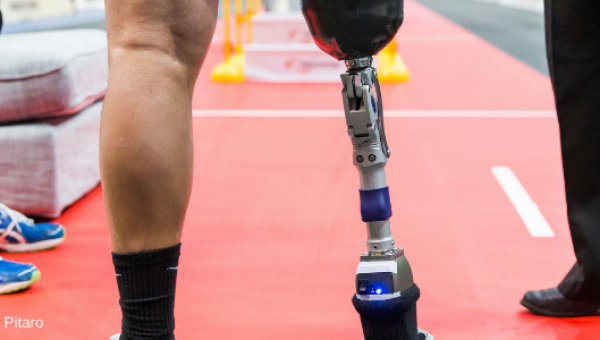A gel to prevent alcohol intoxication and hangovers

A team of researchers in Zurich has developed a process that converts alcohol into harmless acetic acid in the gastrointestinal tract.
Imagine being able to drink and enjoy alcohol without having to feel the harmful effects on your health. It sounds almost too good to be true. But researchers at ETH Zurich have developed a new type of protein gel that breaks down alcohol into harmless substances in the gastrointestinal tract. As the team reports in the scientific journal Nature Nanotechnology, the gel quickly and efficiently converts alcohol into harmless acetic acid before it enters the bloodstream, where it develops its intoxicating and harmful effects. The researchers demonstrated this in mice.
It’s healthier not to drink alcohol at all. However, the gel could be of particular interest to people who don’t want to give up alcohol completely, but don’t want to put a strain on their bodies and aren’t actively seeking the effects of alcohol.
Less intoxication by converting alcohol into acetic acid
The liver contains enzymes that convert alcohol into various substances, in particular into acetaldehyde and then into acetic acid. This intermediate product is toxic and destroys the liver. According to the researchers, the gel converts alcohol into acetic acid without producing acetaldehyde, Which also happens to be the substance that causes a hangover after a night of drinking.
Helpful as long as in gastrointestinal tract
However, the gel is only effective as long as the alcohol is still in the gastrointestinal tract. It can therefore no longer help with alcohol poisoning if the ethanol has already entered the bloodstream, the researchers warn. Nor does it help to reduce consumption in general. According to the World Health Organization, around three million people die every year as a result of excessive alcohol consumption.
A by-product of cheese production
The gel consists of a whey protein that is a by-product of cheese production. This was boiled for several hours to form long, thin fibres, as the ETH explained in a press release on the study. If salt and water are then added as a solvent, the fibres cross-link to form a gel. The researchers then added iron, glucose and gold to the gel. This triggers a multi-stage cascade of reactions that ultimately converts alcohol into acetic acid.
A long journey ahead
The authors have already tested the hydrogel on mice. Thirty minutes after the single dose of alcohol, the prophylactic application of the gel reduced the alcohol level in the mice by 40%. Over a period of 10 days, the researchers found lower alcohol levels, less weight loss, less liver damage and better blood values.
A patent application has already been filed for the gel. However, a number of clinical tests are still required before humans can benefit from this new type of gel.




